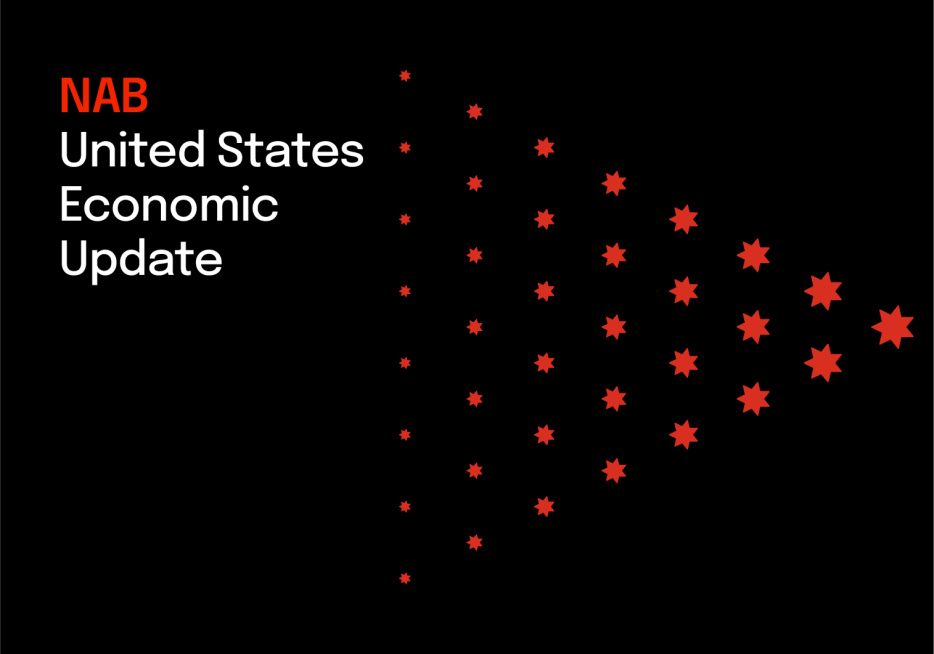US Fed – September cut but still see gradual easing


Insight
After a truly marathon effort, the EU leaders and Greece reached a deal in the early hours of Monday morning Europe time. Another bailout, but with no debt haircut.

After a truly marathon effort, the EU leaders and Greece reached a deal in the early hours of Monday morning Europe time. Another bailout, but with no debt haircut. In return for a three year bailout of €86bn, with bridging finance to help cover loan repayments of €7bn by 20 July and an additional €5bn by mid-August, Greece will agree to spending cuts, pensions and tax reforms which go beyond those which were rejected by 61% of the voters in a referendum last Sunday. Moreover, to help rebuild the broken trust with its creditors, the country will earmark €50bn of projects for privatisation and put these into a separate ring-fenced entity to be based in Athens, the proceeds used to recapitalise the banking system and repay creditors in the event of non-compliance with their demands. All of this must be voted through the Greek Parliament no later than Wednesday this week. Read the full statement here.
Once the Greek parliament has voted for the programme (the presumption is that Opposition MPs will cast their vote in favour of the bailout, thereby outnumbering the 17 Syriza MPs who either voted ‘no’, abstained or were absent on Saturday) and the proposals are put into law by July 15, then the ESM bail-out parliamentary approval processes can commence across the Eurozone requiring national parliaments in Finland, Germany, Austria, Netherlands, Slovakia and Estonia to approve starting ESM talks. Then, bridging finance will be made available to allow Greece to repay its debt to the ECB which falls due on July 20th. It’s all a very tight ambitious timetable with lots of execution risk but, as my London-based colleague Nick Parsons has emphasised in his overnight fuller report, having come so far over the weekend, EU leaders are not about to throw away the opportunity to give the Greek can – and its people – an almighty kick.
German Chancellor Angela Merkel stressed there will be no debt haircut: “The Euro Summit stresses that nominal haircuts on the debt cannot be undertaken.” European politicians must say one thing to each other, another to financial markets and yet another to domestic audiences. Adding another €86bn gross of debt – albeit some will be used to pay off existing loans – takes Greece’s debt/GDP ratio over 200%. The chances of this ever being repaid in part or in full are close to zero. This inconvenient truth will only be hidden for the time being.
In essence, the response of the FX markets to the announcement tells the story for the single currency. After an initial short-lived bounce, it’s been downhill since, the EUR/USD heading south, also damping the AUD in the process back toward 0.74. For the USD, it’s unlocked one potential market stumbling block to Fed rate lift-off before year end, making meetings after July 30 “live”. The Bloomberg spot US dollar index rose 0.64%. Euro bond yields eased, Treasury yields rose and copper was flat.
Greece aside for now allows some more attention on national data. For local markets, there is the June NAB Business Survey at 11.30 and before then the weekly ANZ-Roy Morgan Consumer Confidence index that fell 4.6% last week.
As for the NAB Survey, a reminder that in May there was a rise both in Business Confidence (from 3 to 7) and in Business Conditions (from 4 to 7) with Mining continuing to run against the grain of improvement and pulling back further.
Tonight there’s the UK CPI and the ZEW Survey for EC and Germany for July, then the primary focus will be on the June US retail sales report, the market looking for a further rise in headline and underlying sales. The NFIB Small Business Optimism survey is also now increasingly watched by the market, including what it has to say about small business current and planned employee compensation. The trend in both has been broadly steady recently after some earlier rises.
Euro falls after Greek bailout agreed: Eurostoxx 600 +2.0%, Dax +1.5%, CAC +1.9%, FTSE +1.0%. Dow +217 points to 17,978, +1.2%, S&P 500 +1.2%, Nasdaq +1.1%, VIX 13.90 -17.4%. Mumbai +2.4%, Nikkei 225 +1.5% and ASX 200 -0.3%; ASX SPI futures this morning +1.7%. US bond yields: 2s at 0.68% (4), 10s at 2.45% (+5). WTI oil at $52.05 (-1.3%), Brent at $57.89 (-1.4%), Malaysian Tapis (yesterday) $58.83 (+0.0%). Gold at $1156.90/oz (-0.1%). Base metals: LME copper +0.0%, nickel +4.4%, aluminium +0.8%. Iron ore $50.3/t +0.4% Chinese steel rebar futures +0.5%. Soft commodities spot futures: wheat -0.3%, sugar +1.2%, cotton +0.0%, coffee 2.0%. Euro Dec 14 CO2 emissions at €7.80/t (2.4%). The AUD/USD’s range overnight 0.7383-0.7466; indicative range today 0.7360-0.7435; the AUD/USD is 0.7406 now
China’s trade balance (Jun) $46.54B (L: $59.49B; E: $46.7B); Exports +2.8% y/y (L: -2.5%; E: +1.0%); Imports -6.1% (L: -17.6%; E: -15.5%); US Monthly Budget (Jun) $51.8B (L: 70.5B; E: 50.0B)
For full analysis, download report:
For further FX, Interest rate and Commodities information visit nab.com.au/nabfinancialmarkets
© National Australia Bank Limited. ABN 12 004 044 937 AFSL and Australian Credit Licence 230686.